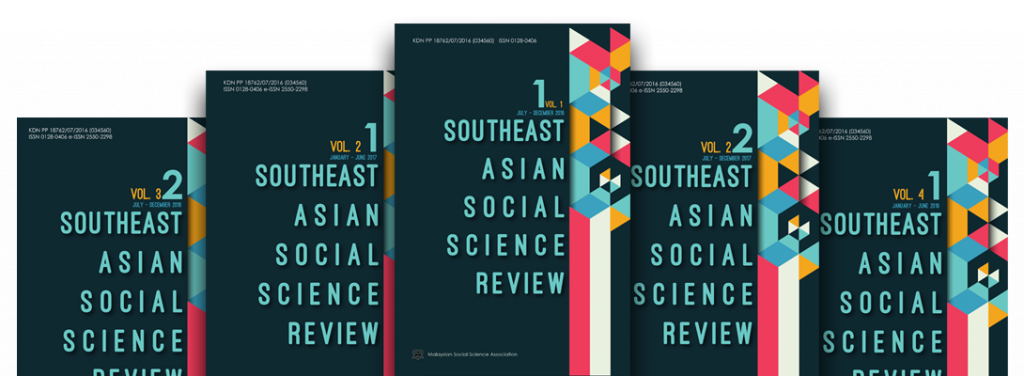Institute of Malaysian and International Studies

Background
On 11 March 2020, the World Health Organization (WHO) declared the COVID-19 as a global pandemic. Until the end of June 2020, it has spread to nearly 200 countries and territories with nearly 10 million people infected and close to half a million of deaths recorded across the globe. The outbreak of COVID-19 is a public health crisis but also has severe negative consequences to the economy and society at large.
At the national, regional and global levels, it reveals the fragility of and gaps in the delivery systems in various domains, ranging from leadership and governance to health, disaster preparedness, economic and social resilience, social protection, social inequalities, social justice and exclusion, the environment and its sustainability, as well as international cooperation and diplomacy. This calls for a lot of rethinking and rebooting of our model of living and the way forward for our common future. This is necessary given the frequency of global pandemics especially in the twenty first century, and that COVID-19 is not going to be the last for us. It is a crisis of globalization and the so-called ‘global village’, indicating that we are not only living in a shared-responsibility for our common good but living in a shared-risk that is also transnational in nature. The challenge now, and ahead of us is not limited to the “new normal” protocols but to assess what this pandemic means for the world, both now and in the future.
Bearing the above in mind, this Special Issue of the Southeast Asian Social Science Review (SEASSR) is seeking reflective contributions on the impacts of COVID-19, and the changes we may expect to see going forward. SEASSR is a flagship publication of the Malaysian Social Science Association, published biannually in collaboration with the Institute of Malaysian and International Studies, Universiti Kebangsaan Malaysia. As a social science and multidisciplinary journal, our considerations are broad but we may focus on social, political, leadership and governance, public health system, culture and lifestyles, globalization and the economic implications of the pandemic, covering countries in the Southeast Asian region and beyond. Some contributors may also reflect not just on impacts but on response and recovery, lessons learned and best practices from across the region and beyond
Important Dates
Submission of abstract
17 July 2020
Submission of full manuscript
31 August 2020
SupportBlind review process
September to November 2020
Expected publication
January / February 2021
Manuscript Requirements
• Manuscript must be original piece of work, not published elsewhere
• Written in English or Malay
• Length between 6,000 and 8,000 words, with an abstract of 200 words and five keywords
• Follows the SEASSR house style, available HERE.
• Manuscript must bear the name of the author(s), institutional affiliation and email address, together
with a short biodata.
• Authorship: While SEASSR encourages single authorship, joint authorship is allowed but limited to
three only, and must indicate the corresponding author.
Manuscripts can be sent to Special Issue Editors:
Prof. Dato’ Dr. Rashila Ramli
Principal Fellow,
IKMAS, UKM
rashila@ukm.edu.my
Dr. Andika Ab.Wahab
Fellow
IKMAS, UKM
andikawahab@ukm.edu.my
About the SEASSR Journal
SSEASR is a peer-reviewed journal dedicated to the advancement of critical scholarship in the field of social sciences and humanities. Launched in 2016 and indexed in MyCite, it is jointly published by the Malaysian Social Science Association (PSSM) and IKMAS, UKM. Further information about the journal is available HERE.
